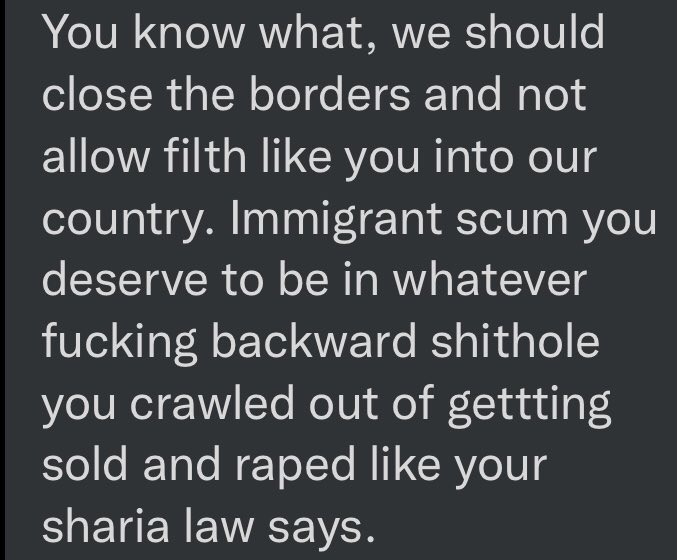
Hearing the news of Omicron cases in Europe in people who travelled through various countries (Malawi, Egypt, Namibia, Dubai, etc.) indicates that Omicron was flying under the radar in undersequenced countries for some time until Botswana & 🇿🇦 detected it & alerted the 🌎.
The thing about pathogen evolution, particularly in obligate cellular parasites, is that detecting new lineages is difficult unless it is being transmitted AND someone is looking for it (biological samples including wastewater)➡️need capacity building in genomic surveillance
We’re lucky to have good genomics capacity (but always more can be done), many countries do not! We MUST help them develop these capacities so they can be continuously monitoring their regional evolution!!
NO travel ban is going to stop evolution! It can stop import locally for a short-period, but as soon as you open you will get the evolved virus & we cannot live in closed-border state forever➡️ closed borders aren’t effective ways of infection control. Continuous monitoring is!
When you get a travel-related case, it is safe to assume that:
the traveller is NOT the only one who is carrying➡️some level of community transmission is happening, which increase the likelihood of export having happened to other places!
Which destinations should we ban & when⁉️
the traveller is NOT the only one who is carrying➡️some level of community transmission is happening, which increase the likelihood of export having happened to other places!
Which destinations should we ban & when⁉️
Better solution is
📌Invest in genomic & wastewater infrastructures
📌Help nations who don’t have these capacities to develop them
📌Address vaccine inequities
📌Address misinformation
Inward policies & outlooks aren’t very effective in large-scale GLOBAL crises‼️
📌Invest in genomic & wastewater infrastructures
📌Help nations who don’t have these capacities to develop them
📌Address vaccine inequities
📌Address misinformation
Inward policies & outlooks aren’t very effective in large-scale GLOBAL crises‼️
• • •
Missing some Tweet in this thread? You can try to
force a refresh







